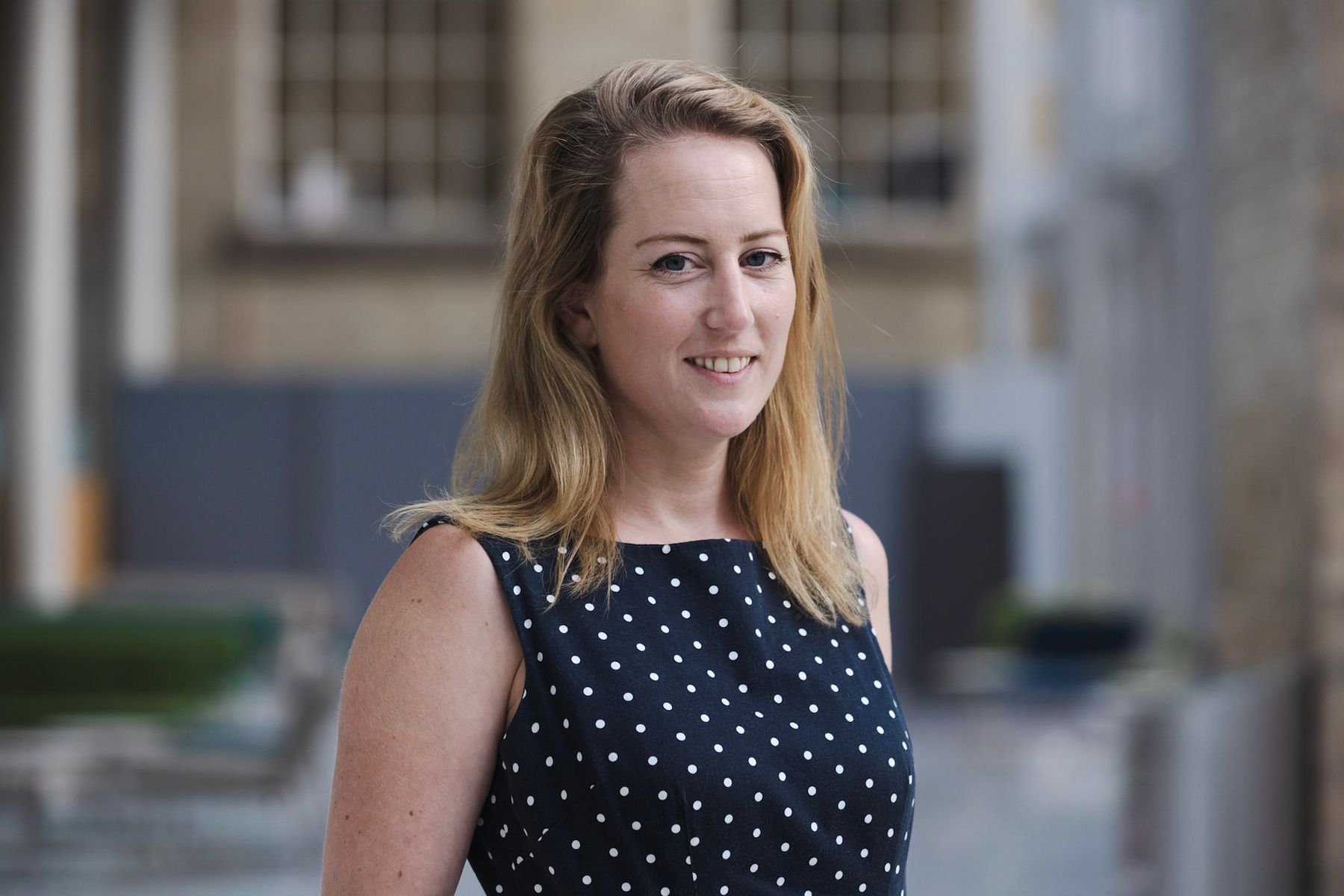Role
Diana is an Educational Developer in CADQ.
Diana leads the Assessment and Feedback workstream at NTU. She works collaboratively with academic and professional services colleagues across the university to provide support, advice and training, bringing in learning and developments from the HE sector and linking colleagues in to relevant conversations and research.
Diana creates resources and writes and delivers CPD on Assessment and Feedback, as well as providing bespoke support on request to address challenges.
Diana works closely with Confetti in Nottingham and London, supporting the realisation of their strategic priorities.
Diana is passionate about accessibility and the personalisation of the learning experience.
Career overview
Diana worked for a number of years in Project Management and Programme Support in local government, facilitating a change management programme across internal departments and external institutions. This programme trialled the delivery of innovative delivery models to tackle cycles of disadvantage and looked at improving the collection and monitoring of evidence of impact.
Diana re-trained as a Primary School teacher, teaching in local schools and undertaking educational research.
Research areas
Diana has a keen interest in the use of educational interventions and active collaborative delivery models, and has undertaken first-hand research into the impact of educational interventions in the primary classroom.
One research piece explored the potential value of the 100 square as a visual learning method in mathematics. Findings highlighted the potential positive impact of promoting dialogue around metacognition in supporting relational understanding, and careful and responsive structuring of visual and auditory scaffolding.
A second study looked into the promotion of scientific talk in the primary classroom through the use of concept cartoons in groups. Findings highlighted that the opportunity to engage in scientific peer dialogue encouraged the development of scientific thought processes. This promoted justification, rationalisation, discussion of personal experience, application and generalisation of ideas more broadly.
Another study looked at the effectiveness of paired formative peer assessment in facilitating improvement in literacy performance. Findings highlighted the opportunity for increased motivation through ownership and presentation of work to a peer, as well as the opportunity to develop metacognition through consideration and discussion of the nature of quality of work. Also highlighted was the need for personalised, targeted and responsive feedback to support progression in the primary literacy classroom.
